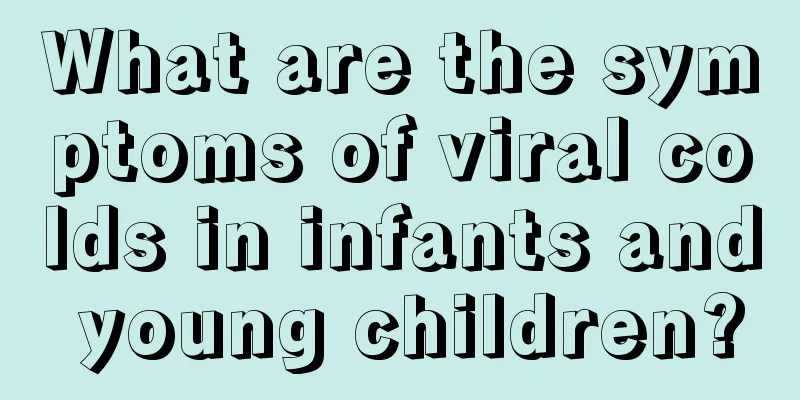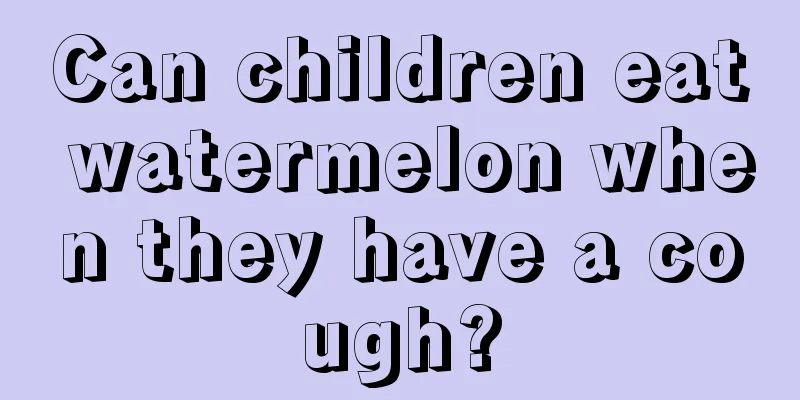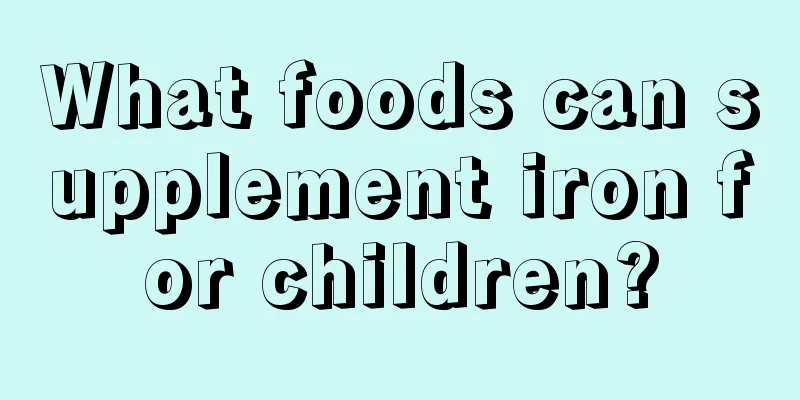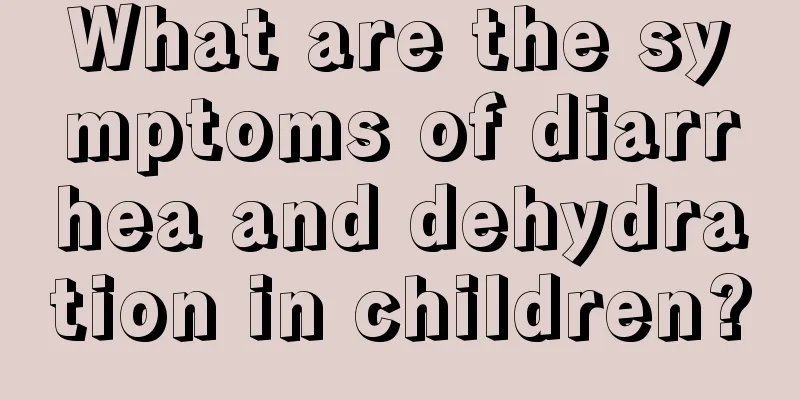What are the symptoms of viral colds in infants and young children?

|
Viral colds in infants and young children are very harmful to their bodies. After becoming ill, children may sneeze, have a runny nose, or have a sore and itchy throat and cough. The disease is mainly caused by viruses that spread through the air and then enter the human respiratory tract, causing infection and leading to illness. After getting sick, you must actively rest in bed, reduce your child's activities, and pay attention to keeping the body warm. In addition, viral colds in infants and young children must be treated promptly, otherwise many complications may occur. Viral colds in infants and young children have many complications, such as otitis media: persistent high fever (for more than three days), ear pain, irritability in children, and scratching of the ears. Sinusitis: Runny nose for more than ten days with no signs of improvement, and thick yellow-green nasal discharge accompanied by cough, severe nasal congestion, and headache. Pneumonia: persistent high fever with worsening cough, shortness of breath, and loss of appetite. Meningitis: stiff neck, severe headache, vomiting, fear of light, persistent high fever, and even unconsciousness. After getting sick, antibiotics are generally not needed. Just drink more water, rest more, and reduce going to public places when the cold is prevalent. If you have cough, phlegm, runny nose, or nasal congestion, you can take medication according to different symptoms to relieve the discomfort. The main symptoms of viral colds in infants and young children are fever, cough, and some children may experience wheezing and difficulty breathing after activities. Accompanying symptoms include: crying and restlessness, vomiting after drinking water or eating, drowsiness and difficulty in waking up, cyanosis of the face and lips, etc. Viral colds in infants and young children often occur in autumn, so parents should pay attention to letting their children increase physical exercise appropriately during this season, such as participating in outdoor activities to train their children's body's ability to withstand cold. They should also pay attention to the reasonable combination of children's nutrition to avoid malnutrition. Also, be careful to avoid exposing your child to patients with respiratory diseases. |
<<: How to pay attention to viral colds in infants and young children
>>: What should I do if my baby always has poor digestion?
Recommend
Neonatal sputum sound
Some parents will find that their newborn babies ...
Does a fake pacifier have any effect on the baby?
A fake pacifier is actually what we often call a ...
Eating shrimp during breastfeeding can cause eczema in babies
If a breastfeeding baby develops eczema, you shou...
Why do children sweat at night?
It is said that children are the treasure of thei...
What to do if your child has bad skin
The skin of the children we see is very delicate ...
What foods are good for the kidneys?
The kidney is the most important part of the body...
What are the reasons for children's recent loss of appetite?
Many parents have found that their children have ...
What food is good for babies with low fever
A low-grade fever in babies is a common symptom o...
What to do if the little girl has rough skin
Compared with boys, girls generally care more abo...
Why does my child’s hair become oily?
The problem of oily hair is most likely to occur ...
Why does my baby keep spitting up?
Spitting is a defense mechanism of the human body...
How to treat hunchback in children?
A child's hunchback is caused by a spinal def...
What to do if your child has tonsil inflammation
Children are very susceptible to some diseases, a...
How to improve children's decreased appetite
If a child's appetite decreases, it will harm...
Diet therapy for children with cold and runny nose
Cold is a very common disease. There are many cau...









